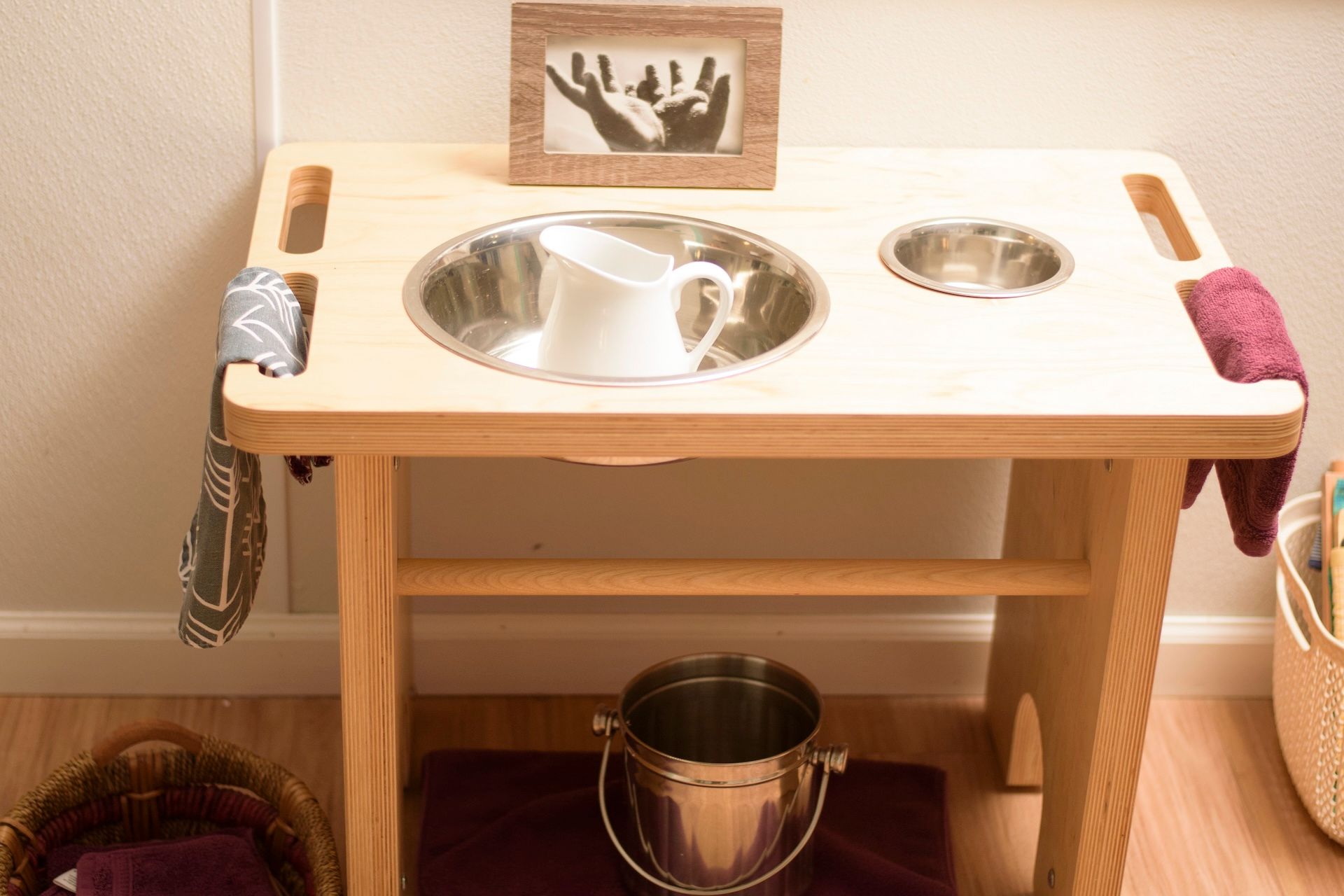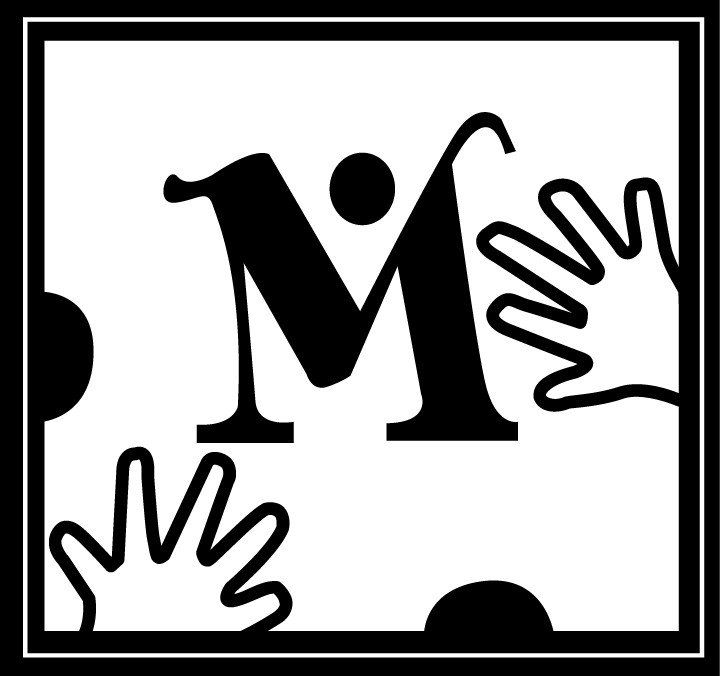Montessori Explained: Handwashing as a Learning Activity
Montessori Explained: Handwashing as a Learning Activity

Why do Montessori classrooms have a hand washing basin and pitcher when children can just access the sink? Isn’t this an antiquated experience?
To answer these questions, it helps to step back and explore why young children are drawn to an elaborate hand-washing process, the benefits of breaking down a series of steps, and what children are really accomplishing through the experience.
Practical life exercises provide the foundation for Montessori early childhood programs. These practical life experiences are foundational and significant for young children’s development. Yet they often don’t receive the appreciation they deserve, especially with the many academic benefits of the Montessori sensorial, math, and language materials.
To understand the value of practical life activities, we must understand the nature of young children, which Dr. Montessori did over 100 years ago.
Why Practical Life?
The exercises of practical life began to serve a practical need. Dr. Montessori had responsibility for children who were being destructive in a building in the slums of Rome. The proprietors needed to take care of the building, yet the children were unkept and out of control.
As a doctor, Dr. Montessori knew the importance of hygiene in preventing illness. So, one of the first things she did was provide water basins and cakes of soap. Then, Dr. Montessori showed the children how to wash their hands and faces.
What happened was unexpected. Once the children washed their hands and faces, they didn’t stop. They kept washing long after their hands were clean.
Dr. Montessori said the children repeated the activity as if driven by an imperceptible force. Instead of stopping them, like adults are apt to do, Dr. Montessori watched. She wanted to see what would happen. With her curiosity, patience, and powers of scientific observation, Dr. Montessori observed a need that went way beyond washing hands. From these practical beginnings came a very significant discovery for Dr. Montessori.
A Deeper Purpose
Dr. Montessori discovered the fundamental difference between work as the adult experiences it and work as the child experiences it. While work for the adult brings on fatigue, work for the young child is energizing. This is because children under age six are in a period of self-construction. They are developing their intelligence, memory, language, will, and movement.
Young children are motivated to interact with their environment to develop these essential aspects of themselves. Their goal is self-construction! Adults often don’t recognize this vital urge young children have to work. So typically, adults stop children from doing something because the action seems too tiring, too complicated, too messy, or because it will be more efficient and faster for adults to do it themselves.
But something deep within is propelling young children to this kind of activity. So, in our prepared environments, we offer motives of activity that will match children’s developmental needs. One of these essential experiences is hand washing.
The Benefits of Hand Washing as an Activity
In addition to the typical handwashing at a sink, Montessori toddler and primary classrooms also include a hand washing station with an apron, a basin and pitcher, soap, hand and drying towels, a bucket, and sometimes even a nail brush or hand lotion when appropriate.
We break down each step of washing hands: wetting our hands, washing with soap, rinsing, drying our hands, cleaning the wash area, drying the area, and restocking any necessary supplies.
In the process of filling a pitcher with the appropriate amount of water, pouring the water into a basin, and emptying the basin into a bucket to take back to the sink, children practice crucial gross motor skills that help them with equilibrium and crossing their midline.
As they learn how to get the fronts and back of each hand wet and lather each finger, their palms, the backs of their hands, and their wrists, they refine their visual motor coordination and fine motor skills.
The hand-washing exercise also helps children develop a sense of order through a logical sequence of activities. Practicing this sequencing lays the foundation for children’s future ability to handle sequences that aren’t as logical, especially as they move into work with mathematical and language materials.
A Love for the Process
Young children love this care of self activity, which involves being able to access and use water in a purposeful way. They can often be found repeating the process over and over. Children can also become very focused on the drying process and show remarkable attention to detail as they take care to wipe up any drips or spills.
As children master these steps, we introduce additional challenges, like using a nailbrush to clean nails or applying lotion when their hands are clean and dry.
The process is lovely to observe, and we invite you to schedule a visit to see how hand washing helps children with the vital process of self-construction!
Programs
Your Child’s Other Happy Place
Hands-On Montessori
Hands-On Montessori
